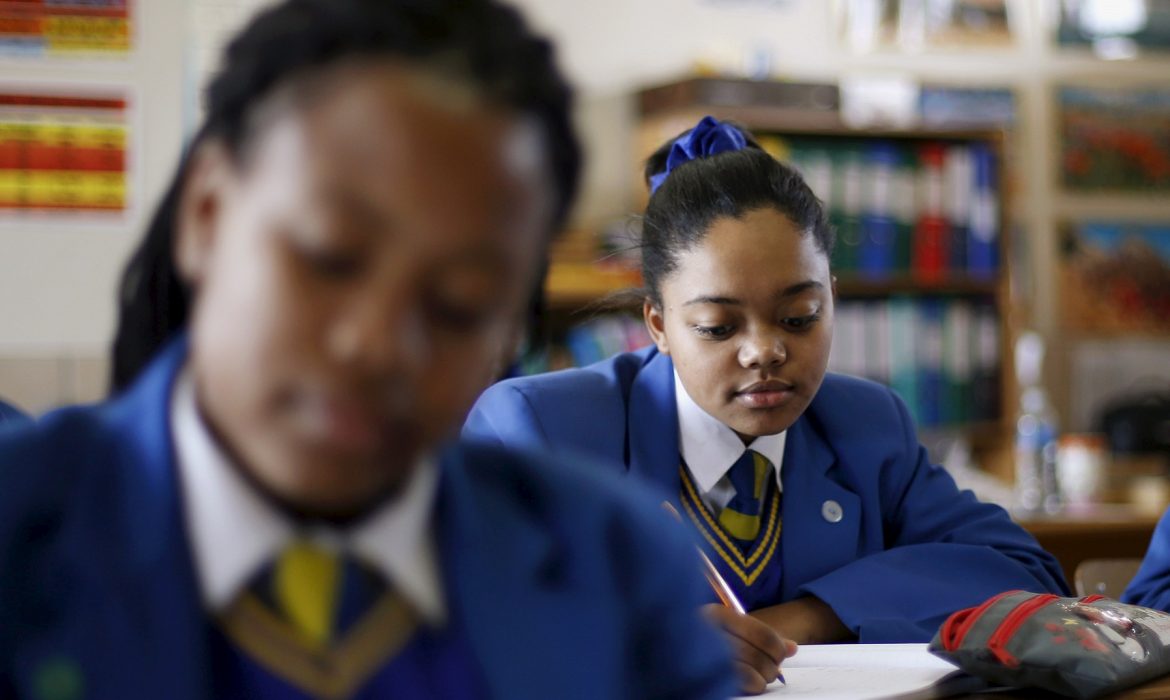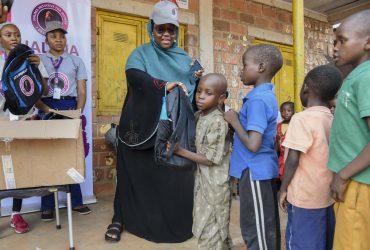THE girl-child is bedevilled with many challenges in Nigeria and Africa at large as a result of the undeflated balloons of misogyny and sexism hovering over their sky. From families who see them as liabilities instead of assets to societies which neither appreciate nor develop their talents and abilities because of their gender, it is as if it is all about woes for them.. They have over the years been ridiculed as feeble and most vulnerable to societal ills ranging from rape, child labour, female genital mutilation, early marriage, trafficking, and are as well, denied full formal education— as many girls of school age do not have adequate access to education. In Nigeria, for instance, women and girls constitute 60 per cent of the illiterate population and their literacy rate remains around eight points lower than that of the male.
With that in mind, on October 11, Nigeria joined the rest of the world to observe the International Day of the Girl-Child, a global event that aims at bringing the numerous challenges of the girl-child to the fore as it highlights issues concerning gender inequality facing young girls, and thus reminds us of our collective and continuous struggle to create a less dangerous world for all the girls, as well as creating the platform for them to excel in a society that sketches them as second class citizens. However, this year’s theme, “With Her: A Skilled Girl Force” captures the essence of education and skill enhancement required for the girl-child today, so that she enters the workforce fully skilled, up-to-date with the needed technological prowess, a decade from now.




